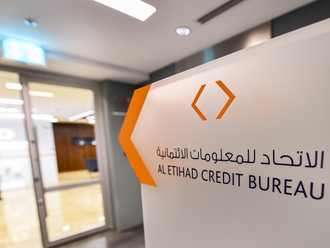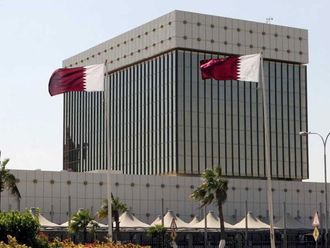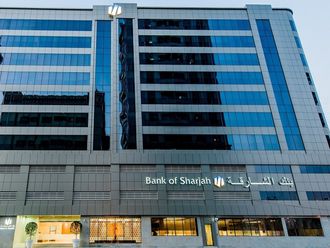
For SMEs, there exists a clear-cut procedure to set up a business. As a start, entrepreneurs have to focus on four things: getting a clear definition of their economic activity, registering their business, putting the business plan in place, and securing access to loans and working capital.
1. Definition
Since 2009, there exists a clear definition for an SME, at least in Dubai. A businessman will have to see where his business fits in, which is crucial to get the appropriate support from chambers of commerce, industry groups and banks. The definition splits the sector into three segments — trading, manufacturing and services, and whether a company is micro, small or medium depends on the number of its employees as well as the turnover.
In the trading sector, micro companies are those with less than nine employees and a turnover of less than Dh9 million; small companies are those with less than 35 employees and less than Dh50 million turnover; and medium companies are those with less than 75 employees and less than Dh250 million turnover.
In the manufacturing sector, micro companies are those with less than 20 employees and less than Dh10 million turnover; small companies are those with less than 100 employees and less than Dh100 million turnover; and medium companies are those with less than 250 employees and less than Dh250 million turnover.
In the services sector, micro companies are those with less than 20 employees and less than Dh3 million turnover; small companies are those with less than 100 employees and less than Dh25 million turnover; and medium companies are those with less than 250 employees and less than Dh150 million turnover.
2. Setting up an SME
The UAE has taken steps in the past years to streamline the registration and set-up procedures for new SMEs in order to reduce time, costs and red tape involved. However, the process can be different depending on whether the SME is being set up in a free zone or as a regular onshore company. Free zones help avoid cumbersome administrative issues and duties, and all of them have one-stop business centres.
A company set up in one of the 30 free zones in the UAE does not need local participation. However, a free zone company can only conduct business within the free zone or internationally.
Onshore companies in the UAE (limited liability companies) require majority local participation and a minimum paid-in capital of Dh300,000 and can be registered with the Department of Economic Development (DED) in Dubai, the Economic Department in Abu Dhabi and the respective authorities in the other emirates. A registered onshore firm enables an SME to conduct business within the country.
3. Business plan
Incubators, SME centres of banks and various other SME-focused business organisations can help with business plans. There are a lot of institutions to support SMEs in this aspect, from the DED and the Mohammad Bin Rashid Establishment for Young Business Leaders, a number of SME services of bigger banks (Emirates NBD, NBAD, etc.) to incubators and business accelerators such as Dubai Enterprise Center as well as a large number of privately run mentorship firms and consultancies.
4. Loans and financing
There are a number of public funds for establishing SMEs, for example the Mohammad Bin Rashid Fund in Dubai or the Khalifa Fund in Abu Dhabi. There are also a number of private equity and venture capital firms in the UAE that fund SMEs based on the business sector, for example Intel Capital for IT firms, MBC Ventures for media firms, N2V for e-commerce and mobile technology, Twofour54 for creative industries, and Wamda Capital for both tech and non-tech start-ups. Besides, some free zones have financing programmes available, such as Tecom in Dubai or Dubai Silicon Oasis.












